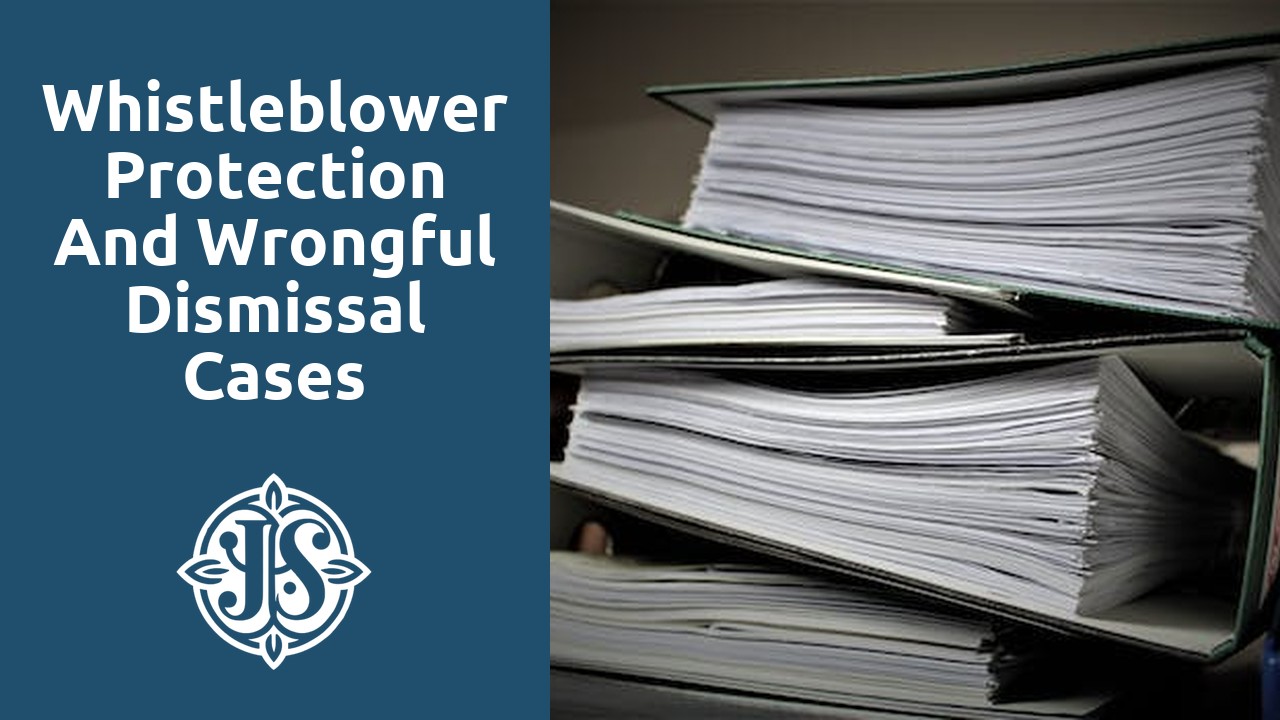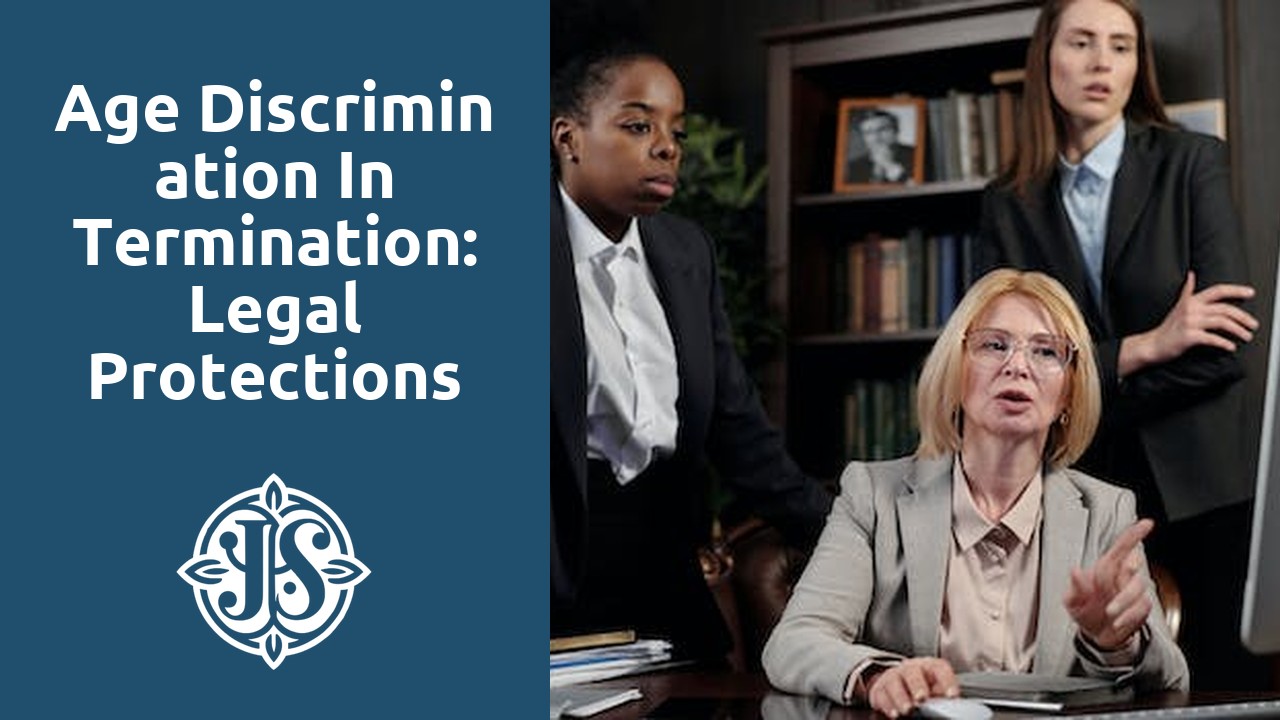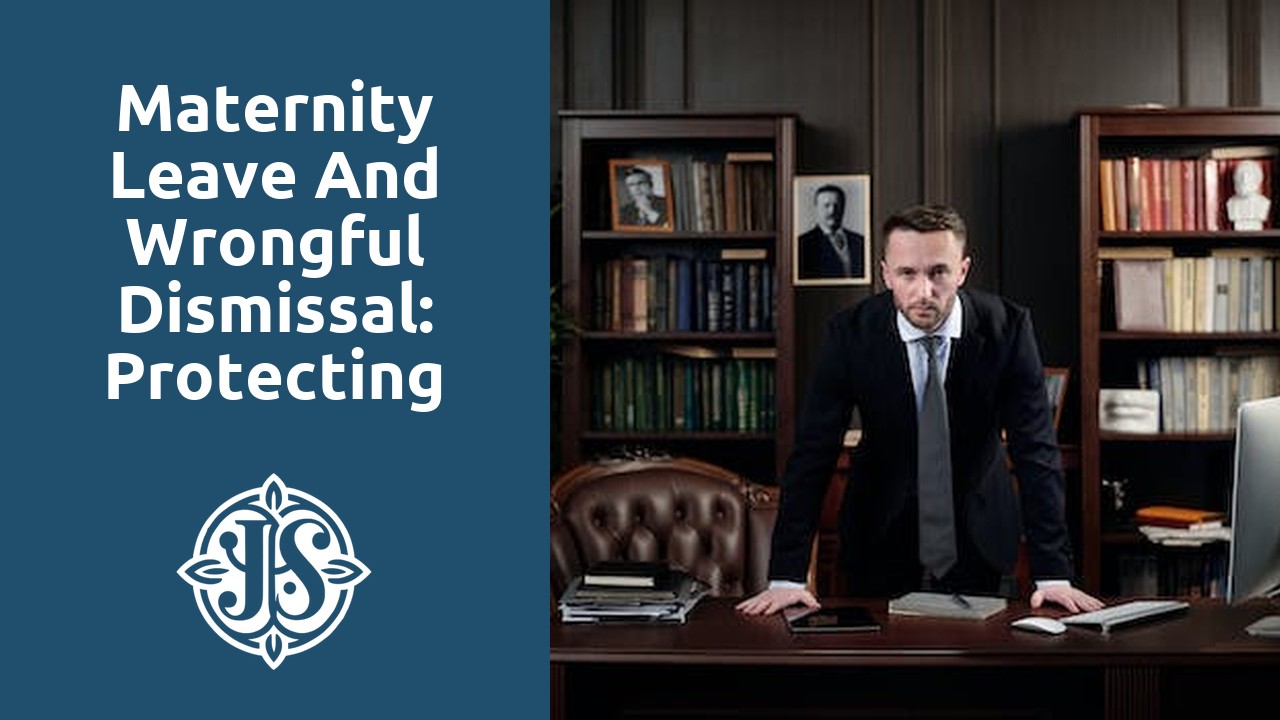Contents
- 1 Navigating the Complex World of Contractual Disputes Involving Creative Works
- 2 Protecting your Creative Assets: Understanding the Legal Landscape
- 3 The Battle for Ownership: Unraveling the Web of Contractual Agreements
- 4 Negotiating Contracts: Ensuring Fair Compensation for your Intellectual Property
- 5 When Contracts Go Awry: Exploring Common Pitfalls in Intellectual Property Disputes
- 6 The Role of Copyright in Contractual Disputes: A Comprehensive Overview
Table Of Contents
When it comes to contractual disputes involving creative works, navigating the complex legal landscape can be a daunting task. From protecting your intellectual property rights to ensuring fair compensation for your creations, there are a myriad of considerations to keep in mind. Understanding the intricacies of intellectual property law is crucial in order to effectively navigate these disputes and protect your creative assets.
One of the key challenges in these types of disputes is unraveling the web of contractual agreements. Creative works often involve multiple parties, such as authors, artists, musicians, and publishers, each with their own rights and responsibilities. These contracts can be complex and may involve issues such as ownership, licensing, royalties, and distribution rights. Untangling these agreements requires a deep understanding of the specific laws and regulations that govern intellectual property rights in your jurisdiction. Without proper legal guidance, disputes can arise and lead to lengthy and costly litigation.
Protecting your Creative Assets: Understanding the Legal Landscape
Protecting your creative assets is crucial in today’s fast-paced and ever-changing legal landscape. With advancements in technology and the ease of sharing information, the potential for intellectual property disputes has greatly increased. As a result, it is essential to have a comprehensive understanding of the legal protections afforded to creative works.
Copyright laws play a vital role in safeguarding your creative assets. By obtaining a copyright, you are granted exclusive rights to reproduce, distribute, and display your work. This not only gives you control over how your work is used, but also allows you to seek legal remedies in the event of infringement. Understanding the duration and scope of copyright protection is important in ensuring that your creative assets are adequately shielded from unauthorized use. Additionally, familiarizing yourself with international copyright laws is crucial if you plan on distributing your work globally. By proactively protecting your creative assets, you can mitigate the risk of disputes and potentially harmful effects on the value and integrity of your work.
The Battle for Ownership: Unraveling the Web of Contractual Agreements
The battle for ownership in contractual agreements involving intellectual property can often be a web of complexity and confusion. Creative works, such as literary works, music compositions, software codes, or artistic designs, are valuable assets that must be protected and allocated fairly among parties involved. However, determining ownership rights can become a daunting task, especially when multiple contracts are in play.
When it comes to creative works, ownership is typically established through contractual agreements, such as copyright assignments, licensing agreements, or work-for-hire contracts. These agreements define the scope of rights granted to each party and outline the obligations and responsibilities of all involved. However, unraveling the web of these contractual agreements can be challenging, as different agreements may contain conflicting provisions or ambiguous language. This often leads to disputes where parties involved fight for their respective claims of ownership, making it crucial to carefully analyze the terms of the contracts and understand the legal framework surrounding intellectual property rights.
Negotiating Contracts: Ensuring Fair Compensation for your Intellectual Property
Negotiating contracts for intellectual property is a critical step in ensuring fair compensation for your creative work. It involves careful consideration of various factors, including the scope of the intellectual property rights being transferred, the duration of the agreement, and the financial terms.
One key aspect to focus on during contract negotiations is the royalty or licensing fee structure. This is the mechanism through which you will be compensated for the use of your intellectual property. It is important to negotiate a fair and reasonable royalty rate that adequately reflects the value and market demand for your creative work. Additionally, it is crucial to clearly define the specific permitted uses of your intellectual property, as well as any limitations or restrictions on its exploitation. This will help protect your rights and ensure that your work is not used in a way that diminishes its value or dilutes its integrity.
When Contracts Go Awry: Exploring Common Pitfalls in Intellectual Property Disputes
One of the most common pitfalls in intellectual property disputes involving contractual agreements is the failure to clearly define the scope of ownership and usage rights. When contracts are not specific and detailed in outlining who owns the intellectual property and how it can be used, disputes can easily arise. This lack of clarity can lead to misunderstandings, conflicting interpretations, and ultimately, legal battles over ownership and compensation.
Another common pitfall is the failure to include provisions for future changes and developments in the creative work. Creative works often evolve over time, and if the contract does not anticipate these changes, it can lead to disagreements on how modifications should be handled. Moreover, the contract should also address issues related to the licensing and transfer of intellectual property rights if the original owner wishes to sell or transfer their rights in the future. Failing to address these future scenarios can leave both parties vulnerable to disputes and potential financial loss.
The Role of Copyright in Contractual Disputes: A Comprehensive Overview
Copyright plays a crucial role in contractual disputes related to intellectual property. It serves as a legal framework that protects the rights of creators and ensures that they are compensated for their work. In the realm of creative industries such as music, film, literature, and art, copyright provides a mechanism for creators to retain ownership and control over their creations. It gives them the exclusive right to reproduce, distribute, and display their works, preventing others from using or profiting from their creations without permission.
One key aspect to consider in copyright-related contractual disputes is the issue of ownership. Copyright is automatically granted to the creator of a work as soon as it is fixed in a tangible medium, such as being written down or recorded. However, ownership rights can be transferred or shared through contractual agreements. Because of this, it is crucial for creators to carefully negotiate and clearly define the terms of their contracts to ensure that they retain the rights to their work. Failure to do so can result in disputes over ownership and control, leading to costly legal battles and potentially damaging consequences for both the creator and the other parties involved.
Related Links
Legal Remedies for Breach of Confidentiality Agreements
Breach of Contract and Force Majeure Clauses in the COVID-19 Era




